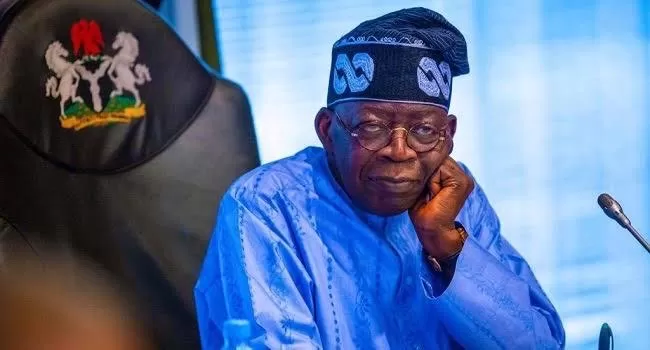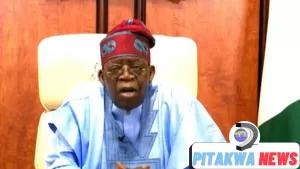Nigerian House of Representatives Calls for Suspension of Controversial Samoa Agreement

In a recent development, the Nigerian House of Representatives has directed the Federal Government to suspend the implementation of the Samoa Agreement, citing concerns over contentious clauses in the deal.
The Samoa Agreement, signed between Nigeria and the European Union (EU) on June 28, 2024, has been the subject of controversy due to its alleged inclusion of clauses that require underdeveloped and developing nations to support Lesbian, Gay, Bisexual, Transgender and Queer (LGBTQ) rights.
The Nigerian Bar Association (NBA) has clarified that the agreement does not impose LGBTQ or gay rights as a pre-condition for Nigeria’s acceptance of a $150 billion loan. The NBA emphasized that the agreement respects Nigeria’s local laws and sovereignty, including the Same Sex Marriage (Prohibition) Act of 2023 and the Constitution of the Federal Republic of Nigeria, 1999 (as amended).
The House of Representatives has insisted that the implementation of the agreement be suspended until all contentious clauses are addressed and spelt out. The NBA has called for continued public enlightenment to counteract negative perceptions surrounding the agreement, urging government and stakeholders to join in the effort.
The Minister of Budget and Economic Planning, Atiku Bagudu, has assured that the agreement was negotiated with strict adherence to the mandates exchanged in 2018 between the EU and the Organisation of African, Caribbean, and Pacific States (OACPS) for the process. He emphasized that the agreement is nothing but a vital legal framework for cooperation between the OACPS and the European Union, to promote sustainable development, fight climate change and its effects, generate investment opportunities, and foster collaboration among OACPS member states at the international stage.
The controversy surrounding the Samoa Agreement highlights the importance of public awareness and engagement in international agreements that have implications for national sovereignty and cultural values. As the debate continues, it remains to be seen how the Nigerian government will address the concerns raised by the House of Representatives and other stakeholders.







